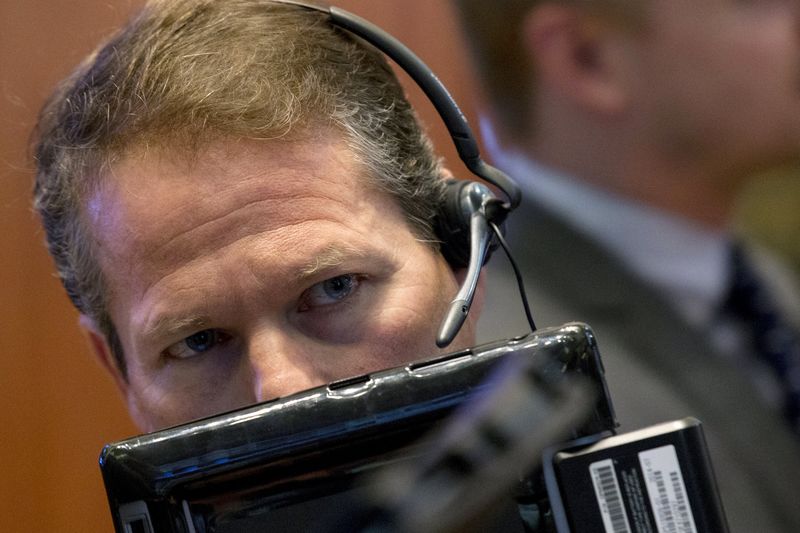Invezz.com - Keir Starmer is set to host a major conference on Monday, focusing on securing international investments in the UK.
Having taken office in July, Starmer is determined to reverse years of political and economic instability by promising to overhaul regulations that have stifled growth and deterred private investors.
The event will bring together some of the world’s largest businesses, with the goal of positioning Britain as a prime destination for foreign capital once again.
Despite these efforts, the UK faces an uphill battle in regaining investor confidence, particularly after its departure from the European Union in 2016, which created uncertainty and slowed foreign direct investment (FDI) inflows.
Britain’s FDI at a nine-year low: what went wrong?
FDI inflows into the UK reached a nine-year low, sitting at just 2.7% of the economy in the second quarter of 2024.
This significant drop is primarily attributed to the political uncertainty following Brexit, which eroded confidence in Britain’s long-term economic prospects.
Investors also point to the country’s regulatory landscape as a major obstacle, with bureaucracy often delaying large-scale projects such as housing and data centres.
The prime minister plans to address these concerns by committing to “rip out the bureaucracy that blocks investment” and pledging regulatory reforms to accelerate development across sectors.
Starmer’s administration aims to streamline approvals for homes, warehouses, and grid connectors, essential for modernising the UK’s infrastructure and supporting innovation-driven industries.
Competition and Markets Authority to prioritise growth and innovation
One key announcement expected during the conference is Starmer’s call for Britain’s Competition and Markets Authority (CMA) to place greater emphasis on promoting growth, innovation, and investment.
This represents a significant policy shift, as the CMA traditionally focuses on competition concerns.
By realigning its priorities, Starmer hopes to make the UK more competitive on the global stage and attract substantial private capital. Other major regulatory bodies are also likely to face similar reviews to ensure they are not needlessly slowing down progress.
Investors remain cautious amid economic and fiscal concerns
Despite Starmer’s pledges to cut red tape, some investors remain cautious. Britain’s economic outlook is clouded by high levels of debt, and the upcoming budget on 30 October has raised concerns of potential tax hikes. Labour’s first budget will be closely watched, especially as the government needs to address a £22 billion hole in public finances.
The UK’s fiscal position makes it difficult to offer the kinds of tax incentives and reliefs that would significantly boost investor sentiment, according to David Stevenson, a fund manager at Amati Global Investors.
He also noted there is “no silver bullet” to the issue, with economic challenges requiring more than just regulatory changes.
Banks, insurers, and tech leaders express cautious optimism
In a sign of support for the government, several leading figures in banking, insurance, and technology have acknowledged the UK’s strengths, particularly its world-class universities, financial services sector, and legal framework.
A letter to The Times signed by these industry leaders suggests that, despite the hurdles, the UK remains an attractive place for long-term investment.
They stressed that further reforms would be needed to make Britain competitive once again on the global stage.
Starmer’s promises of deregulation will undoubtedly be welcomed by the business community, but with a budget just weeks away, the fate of Britain’s investment appeal lies heavily on how the government navigates its fiscal challenges.
